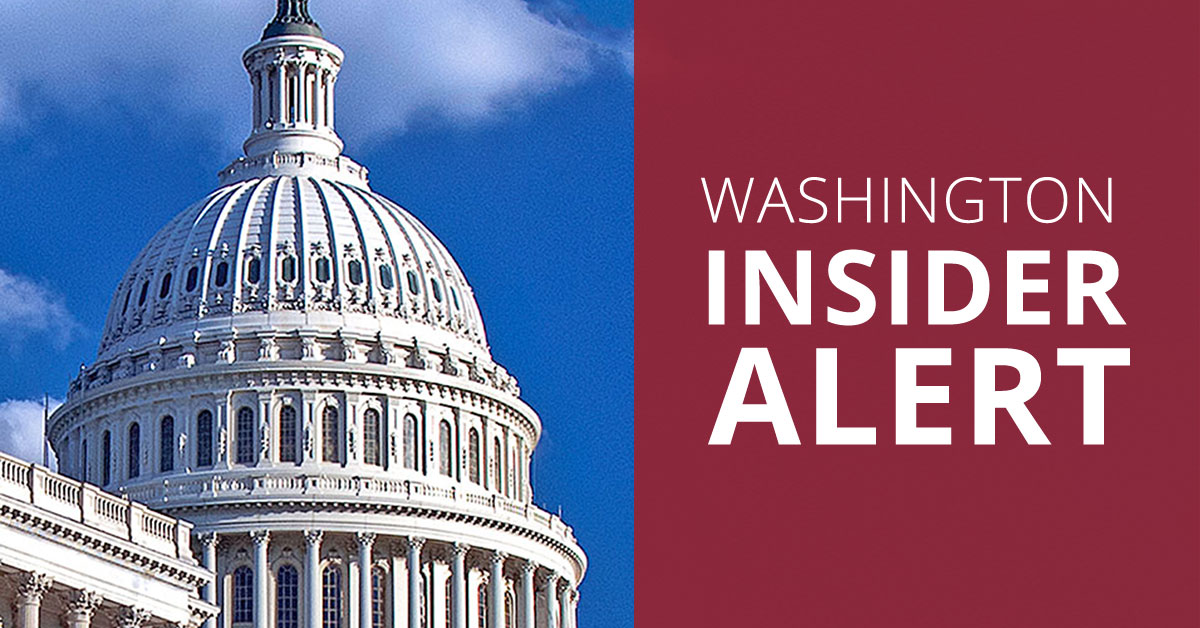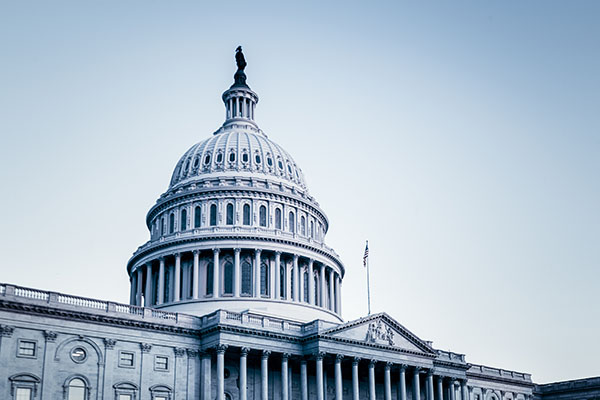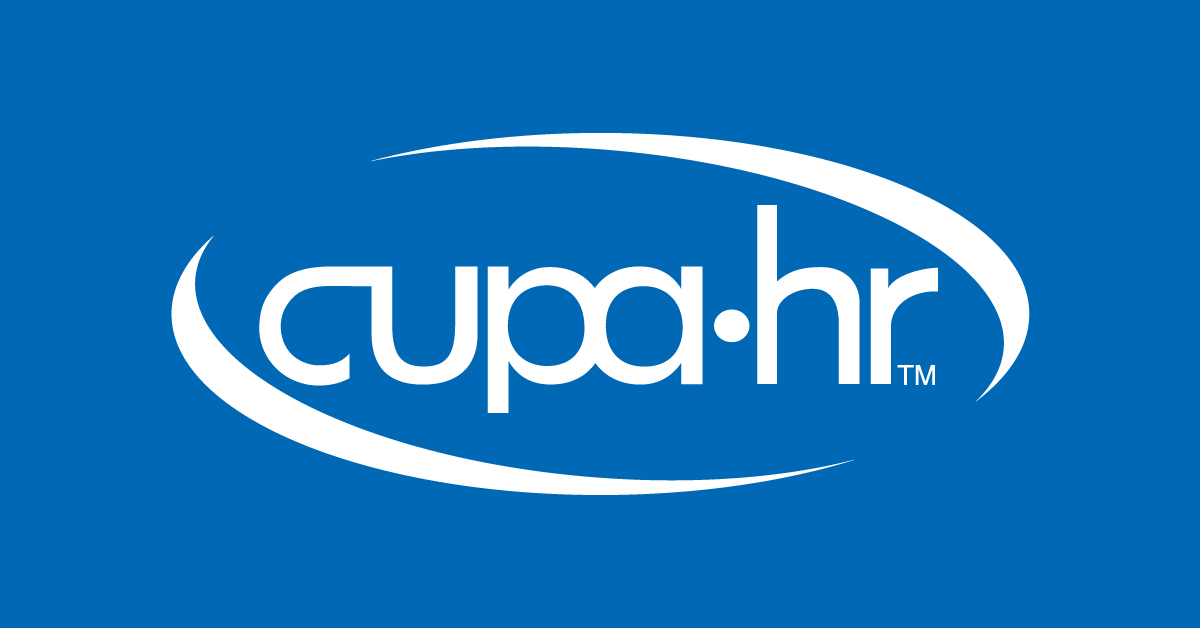by CUPA-HR | March 3, 2025
On March 1, the Department of Education’s Office for Civil Rights (OCR) released a Frequently Asked Questions document providing further guidance on OCR’s February 14, 2025, “Dear Colleague” letter.
The February 14 “Dear Colleague” Letter
The “Dear Colleague” letter outlines OCR’s enforcement position with respect to the legal requirements “under Title VI of the Civil Rights Act of 1964, the Equal Protection Clause of the United States Constitution, and other relevant authorities,” in light of the Supreme Court’s 2023 ruling in Students for Fair Admissions v. Harvard (SFFA). The letter states SFFA “clarified that the use of racial preferences in college admissions is unlawful, sets forth a framework for evaluating the use of race by state actors and entities covered by Title VI.” OCR declares in the letter that, in accordance with SFFA, federal law “prohibits covered entities from using race in decisions pertaining to admissions, hiring, promotion, compensation, financial aid, scholarships, prizes, administrative support, discipline, housing, graduation ceremonies, and all other aspects of student, academic, and campus life.” The letter states that OCR will “take appropriate measures to assess compliance with the applicable statutes and regulations based on the understanding embodied in this letter beginning no later than 14 days from today’s date,” which was February 28. OCR also notes in the letter that institutions that fail to comply “face potential loss of federal funding.”
CUPA-HR joined the American Council on Education and dozens of other higher education associations in a February 25, 2025, letter to OCR noting that the language in the “Dear Colleague” letter is ambiguous and, as a result, campuses are confused about their compliance responsibilities. CUPA-HR, ACE and the other associations requested in the letter that the department rescind the “Dear Colleague” letter and “engage with the higher education community to ensure a clear understanding of their legal obligations in this area.”
The FAQ
The March 1, 2025, FAQ provides details on how to file a discrimination complaint, the department’s view on what type of activity is unlawful and the department’s approach to enforcement.
Enforcement
With respect to the department’s approach to enforcement, the FAQ states that if OCR “determines that a school failed to comply with the civil rights laws that it enforces, [it] will contact the school and will attempt to secure its willingness to negotiate a voluntary resolution agreement.” The FAQ then states that “if a school is unwilling to negotiate a resolution agreement, OCR will inform the school of the consequences, which may result in OCR initiating enforcement through administrative proceedings or referring the case to the Department of Justice for judicial proceedings.”
Unlawful Activity
OCR notes in the FAQ that OCR’s assessment of whether an institution’s policies and programs are lawful “depends on the facts and circumstances of each case,” but provides more details on specific activities that do or may violate the law. The FAQ notes that it regards the following activities as unlawful:
- preferences and stereotypes as a factor in admissions, hiring, promotion, scholarship, prizes, administrative support, sanctions, discipline, and other programs and activities;
- any programming, graduation ceremonies, housing, or any other aspect of school life that allows one race but not another or otherwise separates students, faculty, or staff based on race; and
- policies that appear neutral on their face but are made with racially discriminatory purpose.
With respect to the last bullet, OCR states in determining “whether a school acted with a racially discriminatory purpose, [it] may analyze different types of circumstantial evidence that, taken together, raise an inference of discriminatory intent.” OCR provides the following “non-exhaustive list,” which may include:
- whether members of a particular race were treated differently than similarly situated students of other races;
- the historical background or administrative history of the policy or decision;
- whether there was a departure from normal procedures in making the policy or decision;
- whether there was a pattern regarding policies or decisions towards members of a particular race;
- statistics demonstrating a pattern of the policy or decision having a greater impact on members of a particular race;
- whether the school was aware of or could foresee the effect of the policy or decision on members of a particular race; and
- the school’s history and stated policy of using racial classifications and race-based policies to further DEI objectives, “equity,” a racially oriented vision of social justice, or similar goals.
The FAQ also describes activities that could be unlawful. Specifically, the FAQ notes that “extreme practices at a university — such as requiring students to participate in privilege walks, segregating them by race for presentations and discussions with guest speakers, pressuring them to participate in protests or take certain positions on racially charged issues, investigating or sanctioning them for dissenting on racially charged issues through DEI or similar university offices, mandating courses, orientation programs, or trainings that are designed to emphasize and focus on racial stereotypes, and assigning them coursework that requires them to identify by race and then complete tasks differentiated by race — are all forms of school-on-student harassment that could create a hostile environment under Title VI.”
DEI?
The FAQ notes, “whether a policy or program violates Title VI does not depend on the use of specific terminology such as ‘diversity,’ ‘equity,’ or ‘inclusion,’” but rather whether it discriminates “based on race, color, or national origin.” The FAQ notes that institutions “may not operate policies or programs under any name that treat students differently based on race, engage in racial stereotyping, or create hostile environments for students of particular races,” or programming that “discourages members of all races from attending, either by excluding or discouraging students of a particular race or races.”
The FAQ also notes, however, that “programs focused on interests in particular cultures, heritages, and areas of the world would not in and of themselves violate Title VI, assuming they are open to all students regardless of race.” OCR also states that “educational, cultural, or historical observances — such as Black History Month, International Holocaust Remembrance Day, or similar events — that celebrate or recognize historical events and contributions, and promote awareness,” are lawful “so long as they do not engage in racial exclusion or discrimination.”
Next Steps
CUPA-HR will continue to monitor and keep members apprised of any further developments.




